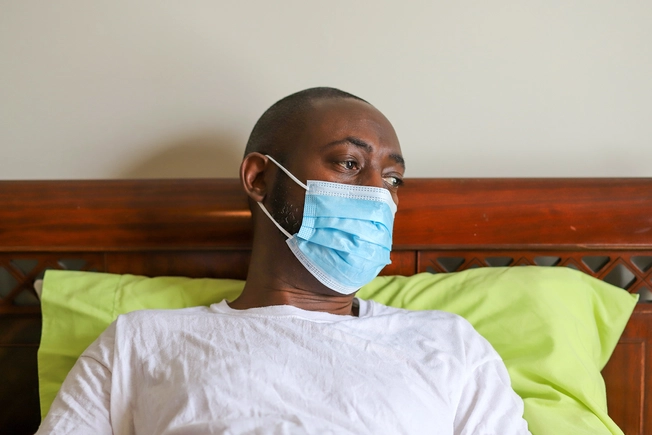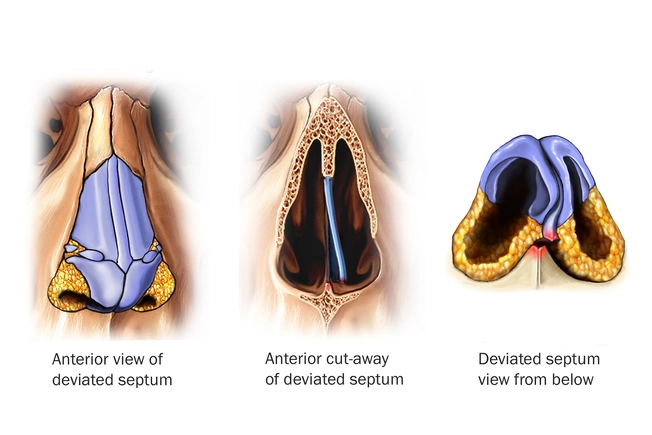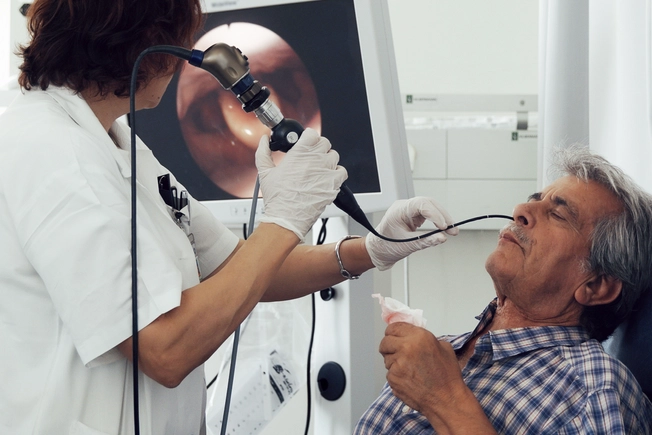
Skulls of 29 million-year-old primates used in this study Aegyptopithecus on left Parapithecus on right.
A study led by the University of Otago reveals that humans’ preference for sweet flavors traces back to our early primate relatives. This research illuminates the eating behaviors of ancient anthropoids, encompassing extinct monkeys and apes, by examining patterns of tooth chips and cavities.
Published in the American Journal of Biological Anthropology, the study used fossils from the Fayum Depression in Egypt, an invaluable source for understanding anthropoid evolution spanning from the late Eocene to the early Oligocene period, or 40 to 29 million years ago. Dental chipping patterns in five types of primates were examined and compared with data from living primates.
Methodology and Findings
Lead author Dr Ian Towle, of Otago’s Sir John Walsh Research Institute in the Faculty of Dentistry, says the researchers wanted to find out what made up the diet of early primates – hard or soft foods.
“Close attention was paid to the frequency, severity, and location of dental chips. We were also interested in the presence of dental caries, often linked to the consumption of soft fruits in modern primates,” he says.
View of a fossil quarry in the Fayum Depression in Egypt. Credit: Matt Borths
The group, which included Dr Matthew R. Borths of the Duke Lemur Center Museum of Natural History at Duke University, and Otago’s Dr. Carolina Loch from the Faculty of Dentistry, found a remarkably low prevalence of tooth chipping with just 21 of the 421 teeth studied showing fractures.
“Our findings indicate a predominant consumption of soft fruits among early anthropoids. The low prevalence of tooth chipping, particularly in comparison to modern anthropoids, hints at a preference for soft food sources, like ripe, sugary fruits,” Dr Towle says.
Evolutionary Insights and Conclusions
The study adds “substantial support” to the hypothesis of limited dietary diversity among early anthropoids, with diversification in monkey and ape diets coming later in their evolutionary history.
“These insights into ancient primate diets provide crucial groundwork for understanding the evolutionary trajectories of our primate ancestors.”
Dr Borths highlights the importance of the Fayum Depression, saying these primates survived “huge climate changes” when the first glaciers formed in Antarctica.
“The Fayum fossil record captures the critical moment when our lineage adapted to this drier, cooler world, apparently fueling themselves with fruit.”











